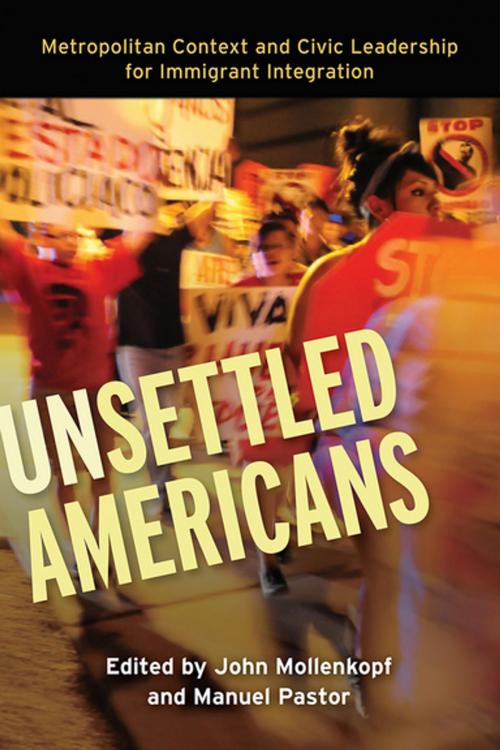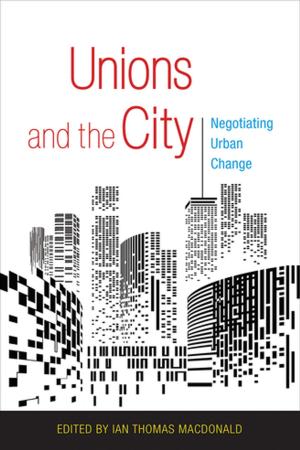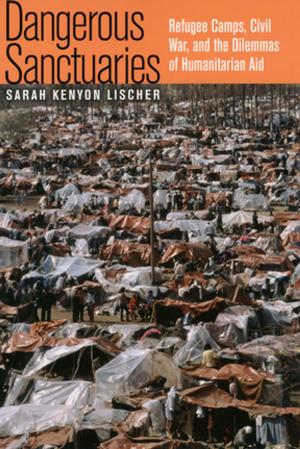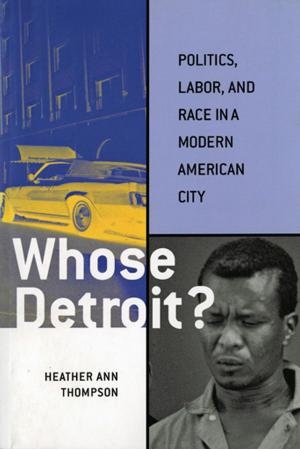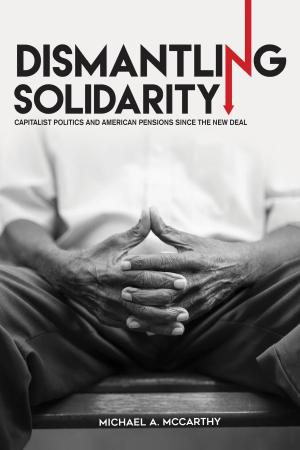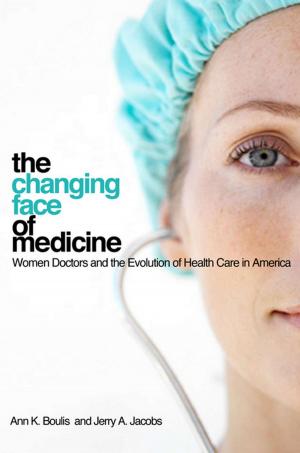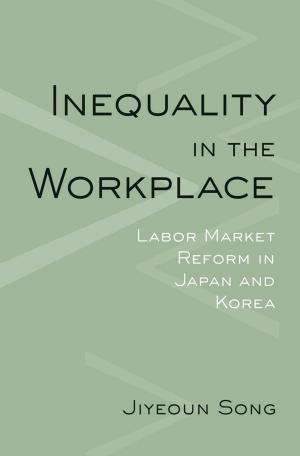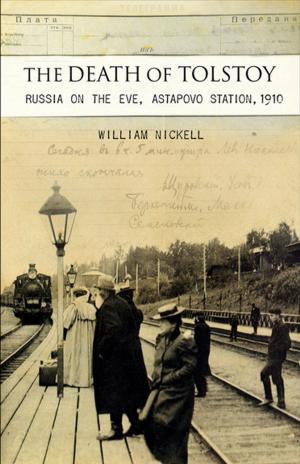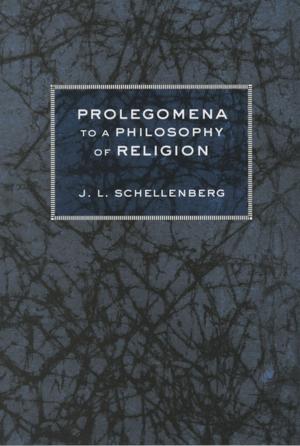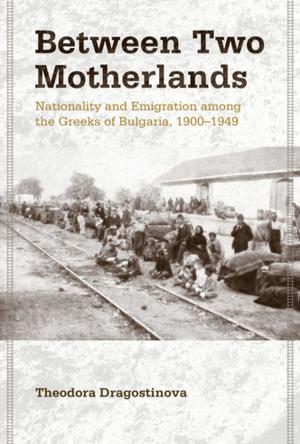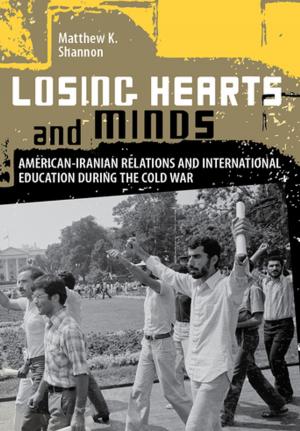Unsettled Americans
Metropolitan Context and Civic Leadership for Immigrant Integration
Nonfiction, Social & Cultural Studies, Social Science, Cultural Studies, Emigration & Immigration, Sociology, Urban| Author: | ISBN: | 9781501703942 | |
| Publisher: | Cornell University Press | Publication: | April 4, 2016 |
| Imprint: | Cornell University Press | Language: | English |
| Author: | |
| ISBN: | 9781501703942 |
| Publisher: | Cornell University Press |
| Publication: | April 4, 2016 |
| Imprint: | Cornell University Press |
| Language: | English |
The politics of immigration have heated up in recent years as Congress has failed to adopt comprehensive immigration reform, the President has proposed executive actions, and state and local governments have responded unevenly and ambivalently to burgeoning immigrant communities in the context of a severe economic downturn. Moreover we have witnessed large shifts in the locations of immigrants and their families between and within the metropolitan areas of the United States. Charlotte, North Carolina, may be a more active and dynamic immigrant destination than Chicago, Illinois, while the suburbs are receiving ever more immigrants.
The work of John Mollenkopf, Manuel Pastor, and their colleagues represents one of the first systematic comparative studies of immigrant incorporation at the metropolitan level. They consider immigrant reception in seven different metro areas, and their analyses stress the differences in capacity and response between central cities, down-at-the-heels suburbs, and outer metropolitan areas, as well as across metro areas. A key feature of case studies in the book is their inclusion of not only traditional receiving areas (New York, Chicago, and Los Angeles) but also newer ones (Charlotte, Phoenix, San Jose, and California's "Inland Empire"). Another innovative aspect is that the authors link their work to the new literature on regional governance, contribute to emerging research on spatial variations within metropolitan areas, and highlight points of intersection with the longer-term processes of immigrant integration.
Contributors: Els de Graauw, CUNY; Juan De Lara, University of Southern California; Jaime Dominguez, Northwestern University; Diana Gordon, CUNY; Michael Jones-Correa, Cornell University; Paul Lewis, Arizona State University; Doris Marie Provine, Arizona State University; John Mollenkopf, CUNY; Manuel Pastor, University of Southern California; Rachel Rosner, independent consultant, Florida; Jennifer Tran, City of San Francisco
The politics of immigration have heated up in recent years as Congress has failed to adopt comprehensive immigration reform, the President has proposed executive actions, and state and local governments have responded unevenly and ambivalently to burgeoning immigrant communities in the context of a severe economic downturn. Moreover we have witnessed large shifts in the locations of immigrants and their families between and within the metropolitan areas of the United States. Charlotte, North Carolina, may be a more active and dynamic immigrant destination than Chicago, Illinois, while the suburbs are receiving ever more immigrants.
The work of John Mollenkopf, Manuel Pastor, and their colleagues represents one of the first systematic comparative studies of immigrant incorporation at the metropolitan level. They consider immigrant reception in seven different metro areas, and their analyses stress the differences in capacity and response between central cities, down-at-the-heels suburbs, and outer metropolitan areas, as well as across metro areas. A key feature of case studies in the book is their inclusion of not only traditional receiving areas (New York, Chicago, and Los Angeles) but also newer ones (Charlotte, Phoenix, San Jose, and California's "Inland Empire"). Another innovative aspect is that the authors link their work to the new literature on regional governance, contribute to emerging research on spatial variations within metropolitan areas, and highlight points of intersection with the longer-term processes of immigrant integration.
Contributors: Els de Graauw, CUNY; Juan De Lara, University of Southern California; Jaime Dominguez, Northwestern University; Diana Gordon, CUNY; Michael Jones-Correa, Cornell University; Paul Lewis, Arizona State University; Doris Marie Provine, Arizona State University; John Mollenkopf, CUNY; Manuel Pastor, University of Southern California; Rachel Rosner, independent consultant, Florida; Jennifer Tran, City of San Francisco
